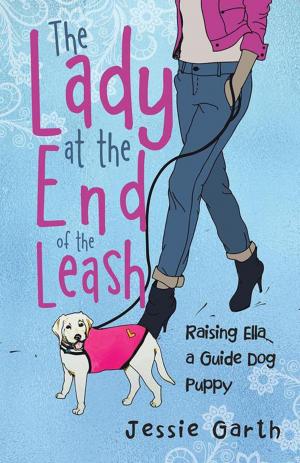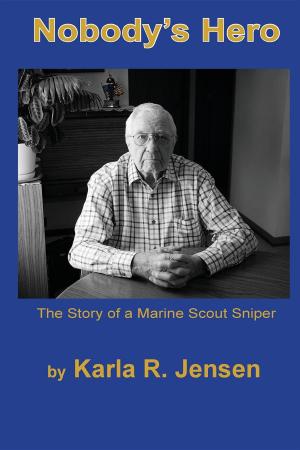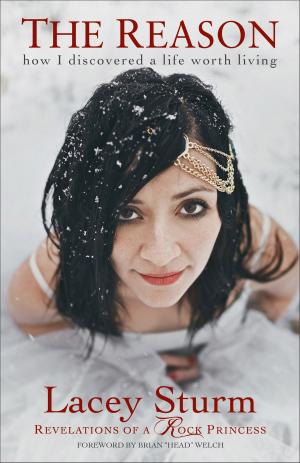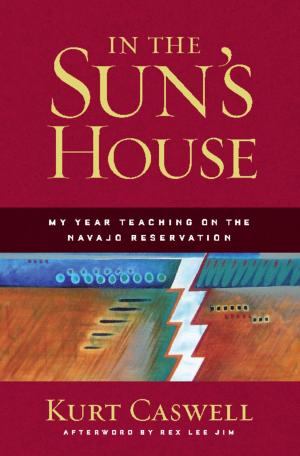Ordinary Lives: A Journey Through America
Nonfiction, Family & Relationships, Relationships, Love/Romance, Biography & Memoir| Author: | Jaime Espiritu | ISBN: | 9781466026308 |
| Publisher: | Jaime Espiritu | Publication: | August 25, 2011 |
| Imprint: | Smashwords Edition | Language: | English |
| Author: | Jaime Espiritu |
| ISBN: | 9781466026308 |
| Publisher: | Jaime Espiritu |
| Publication: | August 25, 2011 |
| Imprint: | Smashwords Edition |
| Language: | English |
I am a naturalized U.S. citizen, born in the Philippines eleven months before the Japanese invaded the country December 8, 1941 hours after Pearl Harbor.
I survived the war and lived there till the age of twenty-four. In July 1965, two weeks after college, I ventured on a journey to America with a tourist visa and two hundred dollars in my pocket.
I am now a retired U.S. Federal employee in the D.C. Capital area and have finally found time to finish this memoir, an autobiographical novel, recounting the first 21-year period of that journey: 1965-1986.
***
Ordinary Lives : A Journey Through America, is a newcomer's story of the unveiling of America, an illustration of a discovery, of an imagined world that didn’t quite turn out to be the same as in the Hollywood movies he saw working as a full-time usher in Manila. The veil of innocence lifts slowly as the narrative progresses through the dismantling of the stereotypes of America stuck in his head since the war—from the virtuous images of G.I. Joe, John Wayne, Gary Cooper, Marilyn Monroe, Clark Gable and the rest of those Hollywood icons; beautiful parks, neat houses behind manicured frontyards, clean streets and big-band parades, to crime in the streets, barred storefronts, race riots, unemployment, family breakup, poverty, prejudice and discrimination.
While he faced these realities of life in America, he went through a process of assimilation that demanded the utmost of human determination to survive and stake out a place in society. The narrative covers flashbacks to the Japanese occupation of the Philippines, the build-up of the Vietnam War in the early sixties, the race conflict in the inner cities, the rise of the drug culture and liberalism in the extreme left of society. These from the point of view of innocent youth at first and later through that of a grown adult after breaking through the barrier of those stereotypes.
I am a naturalized U.S. citizen, born in the Philippines eleven months before the Japanese invaded the country December 8, 1941 hours after Pearl Harbor.
I survived the war and lived there till the age of twenty-four. In July 1965, two weeks after college, I ventured on a journey to America with a tourist visa and two hundred dollars in my pocket.
I am now a retired U.S. Federal employee in the D.C. Capital area and have finally found time to finish this memoir, an autobiographical novel, recounting the first 21-year period of that journey: 1965-1986.
***
Ordinary Lives : A Journey Through America, is a newcomer's story of the unveiling of America, an illustration of a discovery, of an imagined world that didn’t quite turn out to be the same as in the Hollywood movies he saw working as a full-time usher in Manila. The veil of innocence lifts slowly as the narrative progresses through the dismantling of the stereotypes of America stuck in his head since the war—from the virtuous images of G.I. Joe, John Wayne, Gary Cooper, Marilyn Monroe, Clark Gable and the rest of those Hollywood icons; beautiful parks, neat houses behind manicured frontyards, clean streets and big-band parades, to crime in the streets, barred storefronts, race riots, unemployment, family breakup, poverty, prejudice and discrimination.
While he faced these realities of life in America, he went through a process of assimilation that demanded the utmost of human determination to survive and stake out a place in society. The narrative covers flashbacks to the Japanese occupation of the Philippines, the build-up of the Vietnam War in the early sixties, the race conflict in the inner cities, the rise of the drug culture and liberalism in the extreme left of society. These from the point of view of innocent youth at first and later through that of a grown adult after breaking through the barrier of those stereotypes.















